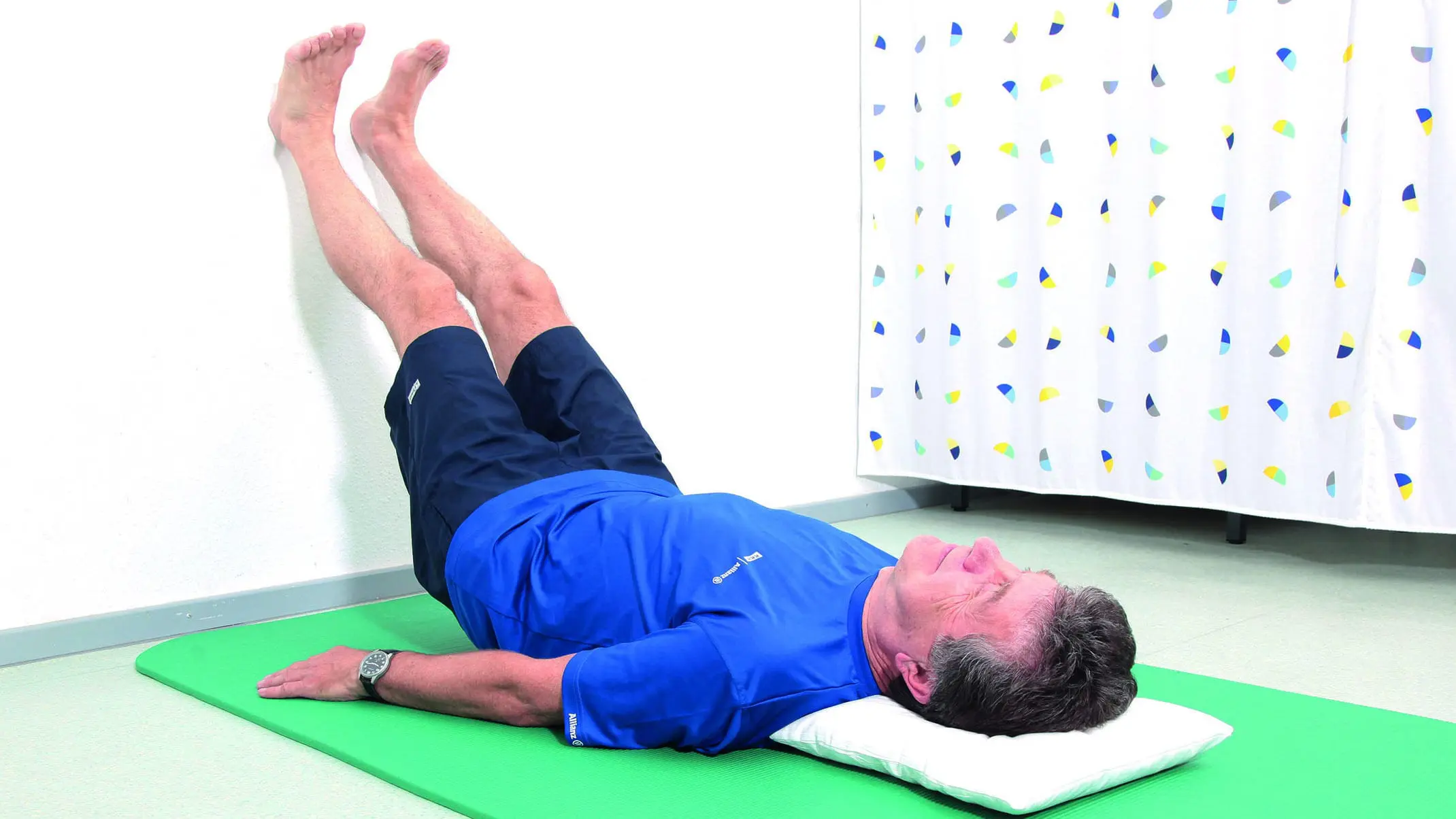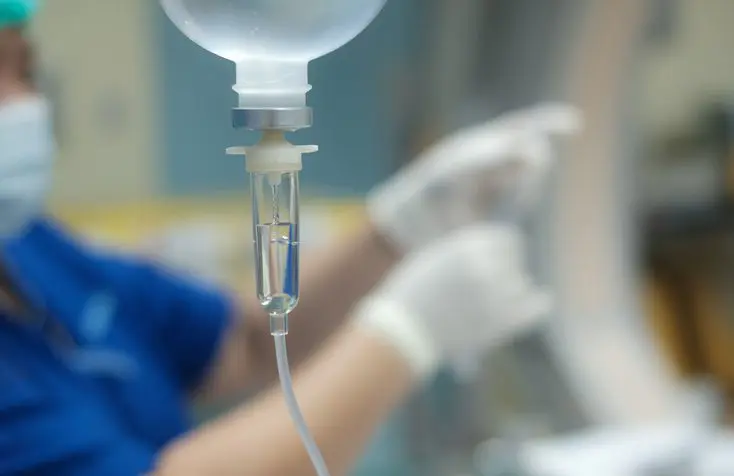
It is particularly important to us that you are well informed and feel confident about your knee operation.
What can I do before the operation?
It is advisable to carry out a training program before the operation in order to optimally prepare for the procedure. In particular, walking and climbing stairs with walking sticks should be practiced.
In cooperation with the physiotherapy department at Salem Hospital, we have put together a training program for you to take advantage of before your operation. There they are shown exercises for targeted muscle building, as well as how to behave after the operation. We will be happy to issue you with a prescription for this and you can register for our Optimal Recovery Program yourself.

Your operation preparation
After the consultation with your surgeon, the operation will be registered at the hospital with all the necessary details. You will then have a detailed preparatory discussion with our secretariat. All necessary dates and organizational details will be discussed at this meeting.
In the case of a robot-assisted operation, a CT scan must be carried out in our radiology department a few weeks before the operation for precise surgical planning. You will receive this appointment directly together with the surgery date. The hospital will also send you documents for your information before the operation. This will include a questionnaire which you should complete and return directly to Salem Hospital.
The risk of complications for patients is mainly influenced by concomitant diseases. Some of these secondary diagnoses can be influenced. It is important for optimal surgical preparation that:
- Your diabetes is correctly adjusted
- your teeth have no inflammation
- Chronic illnesses are adequately treated (e.g. rheumatism, Parkinson's disease, cardiac insufficiency, arrhythmia)
- you do not suffer from a blood deficiency (anemia)
- your blood clotting functions normally or you stop taking medication such as Xarelto, Eliquis, Marcoumar or Plavix in good time
It is therefore essential that you contact your family doctor or specialist before an operation for optimal preparation. Ideally, we will receive current blood values and any other test results 14 days before the operation. It is essential that you have diseased, inflamed teeth treated before the operation. Anemia (women with haemoglobin values <12g/dl, men <13g/dl) should be clarified and treated with medication (i.v. iron administration, EPO therapy if necessary).
To avoid infections, it is also important to minimize the number of germs on the skin before the operation. Good personal hygiene is crucial for this. You will receive a disinfectant shower solution (Octenisan®) from us, which you should use daily for 3 days before the operation (including the day of the operation). You should also use Octenisan® nasal gel 3 times a day for 3 days. Please do not remove any hair in the operation area yourself before the operation (neither with creams nor with shaving or similar).
Here are a few helpful documents for your preparation
Anesthesia
We will send all important documents relating to your secondary illnesses and blood values to the anesthesia department for preparation. As a rule, you will then receive a telephone call from your anesthetist 2 days before the procedure for a preparatory and explanatory discussion.

Knee joint surgery can generally be performed under general anesthesia (general anesthesia) or partial anesthesia (spinal anesthesia). You will discuss the exact anesthesia procedure with the anesthesiologist (anesthetist) on admission or during the preliminary consultation. You can express your preference for one of the two anesthesia procedures. In rare cases, there may be medical reasons in favor of one or the other procedure
From our surgical point of view, we favor partial anesthesia. It has the advantage that the perception of pain is interrupted during the operation. This means that the pain practically does not reach your brain, which, according to studies, has a positive effect on postoperative pain perception. In addition, the muscles are completely relaxed during the operation. Even with partial anesthesia, you can also be given a light sleeping pill so that you are not aware of the operation.